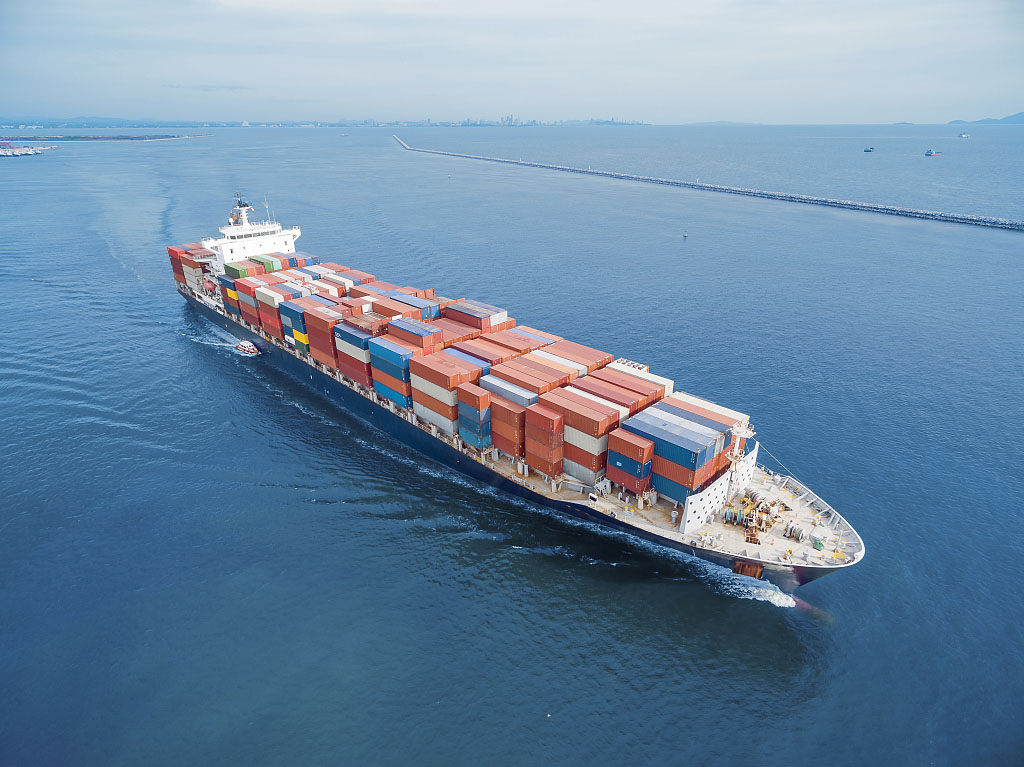Consultants Alphaliner said hauliers’ expectations of huge amounts of waste and around 10% reduction in capacity as a result of mandatory recycling were “exaggerated”.
Alphaliner said predictions by some airlines that the new IMO Carbon Intensity Index (CII) would lead to a 10% reduction in global airline fleets had been exaggerated. world.” Maritime transport chains, not overnight in 2023.”

Alphaliner added that this means record container shipping orders (7.4 million TEU, roughly 30% of the existing fleet) will offset any rate increases due to ship retirements or CII-related slow sailings. Some 2.32 million new ships will be launched next year, with a further 2.81 million TEU launched in 2024.
Meanwhile, Alphaliner expects “about 5% of its fleet” to be idle by the end of the year due to falling demand.
The consultant said the features of the CII model unfairly penalize smaller vessels as they tend to spend less time in service due to shorter voyages and more time at anchor, artificially lowering their performance statistics compared to larger vessels.
This means that large container ships could penetrate industries that require smaller container ships, thereby exacerbating excess capacity and artificially increasing CO2 emissions in such industries.
Alphaliner said the current CII system, which has recently drawn sharp criticism from Maersk, MSC and Hapag-Lloyd, could also in some cases encourage ships to “slowly circle and sail rather than anchor and wait.”
At the same time, the Covid-19-related boom in ship orders is coming to an end. The shipping industry is likely to face a prolonged period of “structural overcapacity” and weak tariffs as port productivity returns to pre-pandemic levels, rates normalize and economic indicators weaken in many countries.
The last time this happened was in the 2010s, when 6.6 million TEU of orders built before 2008 were dumped into the post-crisis market.
Simon Heaney, director of container shipping research at Drewry, told The Loadstar: “The order backlog is so large that despite various capacity-cutting measures, the market will not be able to avoid oversupply for several years.”
“We do not expect EEXI/CII to have a significant impact on capacity as ships are already sailing slowly. There will not be many practical changes except that some ships will need to install engine power limiters (this is easy to do during normal visits to port)”.
“We expect exports to increase to near record TEU levels in response to the downturn cycle. The inevitable result will be a younger, greener fleet composition.”
Global demand is down nearly 30% while capacity is increasing due to high volume of orders. Ocean carriers are stuck in a vicious cycle, as if they are constantly adding cargo. Large carriers will have to work hard to fill and small carriers will find it very difficult to maintain revenue streams.
Container shipping companies serving the India-US trade seem to have realized that the desire for large-scale general…
Concerned that the potential sale of HMM would jeopardize their safety at work, the operator’s employees demonstrated…
The breakup of the MSC and Maersk 2M Vessel Sharing Alliance (VSA) fleet continues..
Post time: Nov-15-2023

